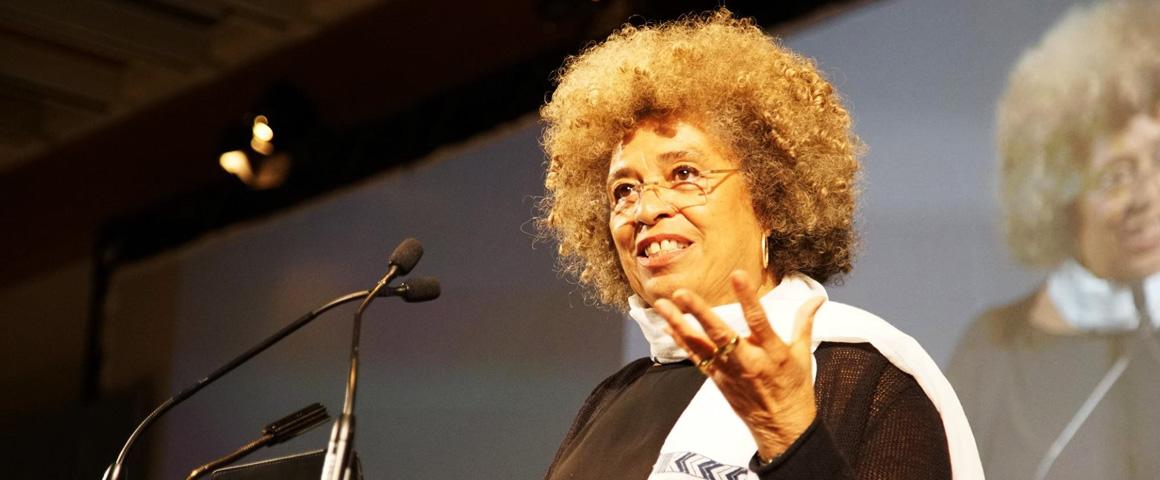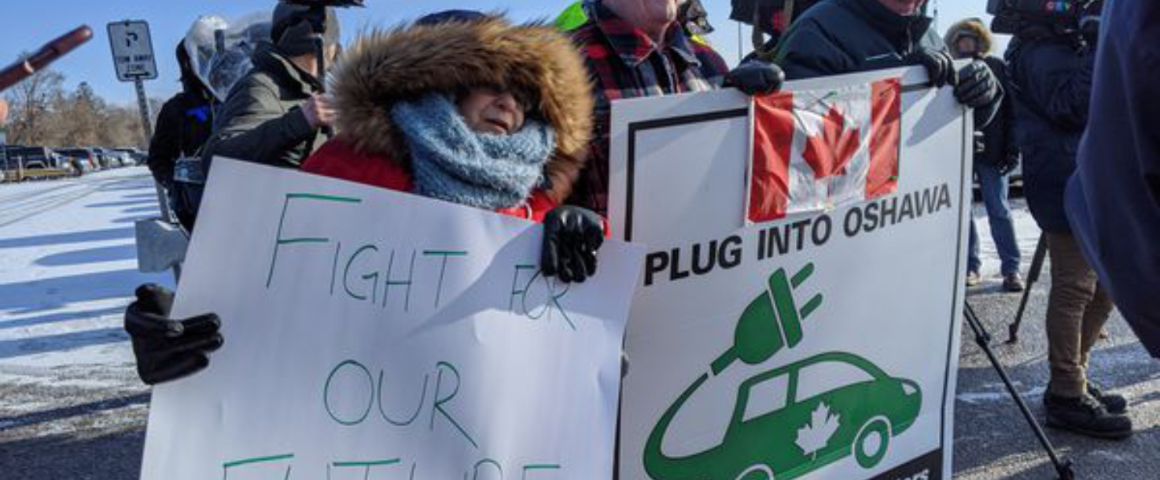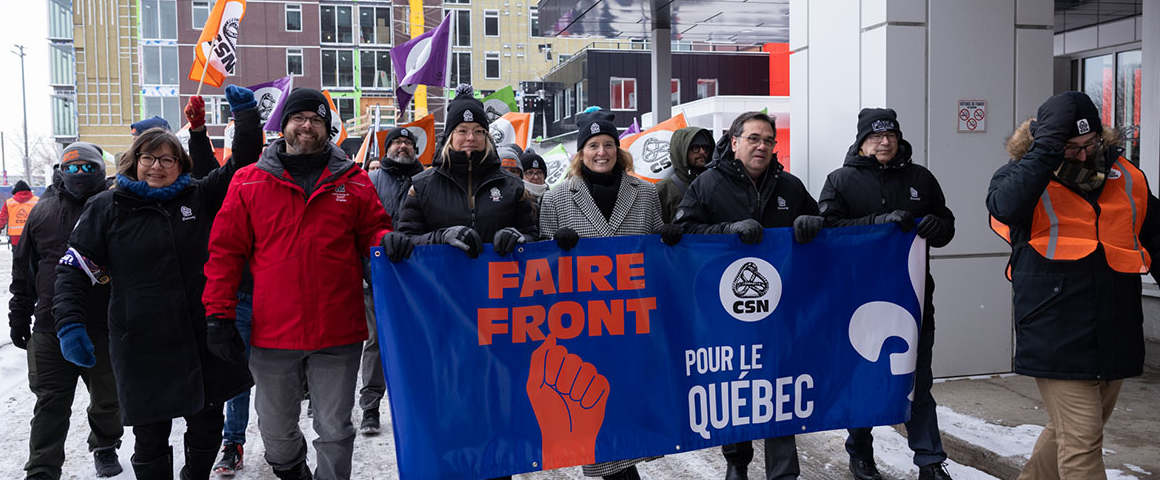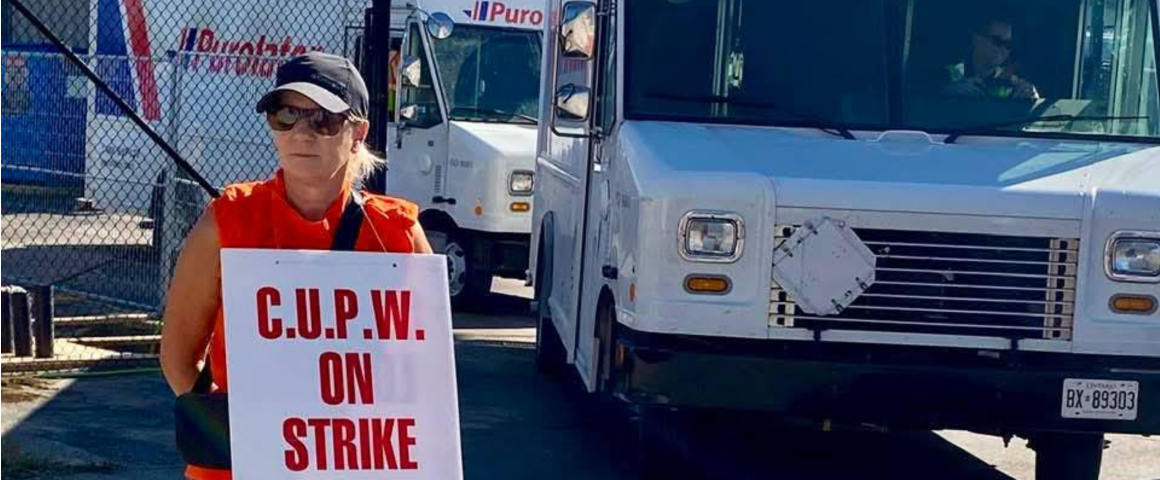One consequence of the change of leadership made at the 2014 Canadian Labour Congress convention was that the new CLC leadership felt confident enough to invite Angela Davis, a leading black liberation activist and former Vice-Presidential candidate for the Communist Party USA, to address the delegates and other social activists at the May 7 Human Rights forum on the eve of the 2017 Convention.
Interest was high as hundreds of delegates lined up to attend; only after they were seated were the public allowed into the hall. CLC Vice-President Marie Clarke-Walker welcomed social activists from Black Lives Matter, Idle No More, the Coalition of Black Trade Unionists, the Asian Canadian Labour Alliance, the Migrants Workers Alliance and the Workers Action Centre, who were eager to hear what Angela would say about the state of the struggle for progressive change in the United States in wake of the election of Donald Trump as President.
Angela did not disappoint. She noted that we were meeting on unceded indigenous land, and that no struggle for social justice could exist without the indigenous struggle at its core.
She noted and thanked the support of the Canadian labour movement when she was a fugitive facing the death penalty from the American imperialist legal system, at a time when Richard Nixon was President, Ronald Reagan was Governor, and J. Edgar Hoover was head of the FBI. The international campaign which led to her freedom showed that a movement can defeat the most powerful people in the world.
She said the topic of her speech was how to revitalize the labour movement. “The labour movement must be at the centre of any radical programme. While the election of Trump with his racist, sexist and Islamophobic agenda represented a crisis for social justice, it also represented an opportunity for radical change”.
Davis cited that fact that one day after Trump was sworn in as President, hundreds of thousands of women filled the streets of Washington denouncing his election. Black women, queer women and immigrant women were in the leadership of this historic moment, demanding recognition of their struggle. She noted that the most important labour struggle in the USA at the moment, the Fight For $15 as a minimum wage, is led by Black women at Walmart and McDonalds.
To revitalize the labour movement means we must challenge its hierarchy. We must bring into the movement jobs that have traditionally not been part of the movement, jobs that have traditionally been considered women’s work. Citing the analysis of Frederich Engels in Origin of the Family, Private Property and the State, women’s work has historically been reproductive labour, i.e. in reproducing the working class. She said that without women’s work, no other labour is possible.
She cited the role of the women domestic workers in the forefront of working class struggle in the United States and in France. In 1881, the Working Women’s Society organized a strike in the U.S. South for a uniform wage and respect from their employers. Black domestic workers working in white homes joined that strike. Women workers led the Montgomery bus boycott in 1955, which sparked the civil rights struggle and the leadership of Martin Luther King. That historical struggle continues to this day. The National Domestic Worker Alliance formed in 2000 had activists who became leaders in Black Lives Matter following the murder of Michael Brown by a while police officer in Ferguson, Missouri in 2015.
Angela said the feminism that will infuse the struggle for social justice is that of her mother, who was a domestic worker before going to high school and college. It is not the feminism of Hilary Clinton who wants to shatter the glass ceiling at the top, but the struggle for transformation from below.
Her life-long struggle for the abolition of prisons is informed by her Marxist analysis. Prisons are both a form of institutionalized racism and a punitive and restorative method of capitalist control of the proletariat. Of the 2.5 million prisoners in the US, 200,000 are women. She noted that the first women’s prisons in the 1870s tried to reform women to become skilled in domestic labour, in the model of a bourgeois wife.
The election of Donald Trump was based on appeals to defend what have traditionally been the jobs of white workers. His attacks on immigrants from Mexico and Latin America and his attack on Muslims are the basis of racist and fascist appeals to divide the working class.
She said what is needed is a movement that involves all workers. It must be a struggle that is feminist, anti-racist and proletarian. Men must take on the anti-racist and anti-sexist fights, not adding to the already overburdened struggle of women for their liberation. It must be global in scope – she noted that most of the workers in the globalized maquiladoras are women.
She ended by saying that she knows that many in Canada hope that the Trump administration lasts only one term. She assured the audience that many in the US hope it ends sooner than that. She saluted the support she has witnessed from the Canadian labour movement.
Finally, it was quite refreshing to see hundreds of activists cheer and clap when she asked how many Marxists were present in the room. As she put it, “after all, there is no post-Marxism because we still have Capitalism”!




